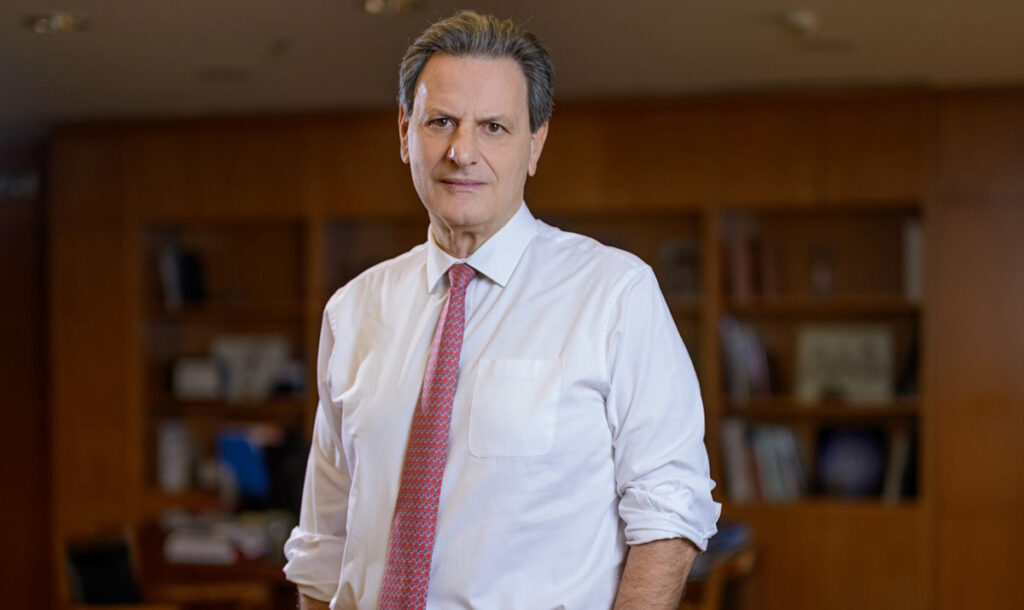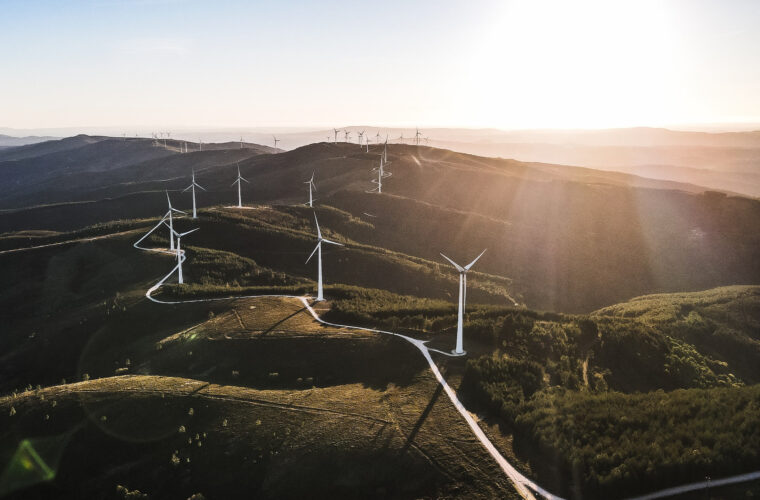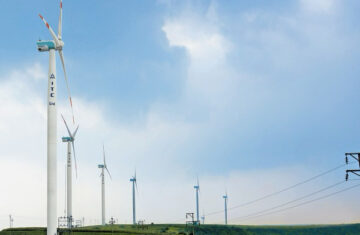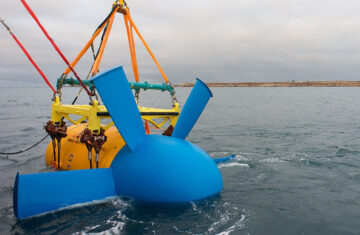The Greek Ministry of Environment and Energy is shifting its focus towards large renewable energy projects to ensure that energy costs for consumers remain low during the energy transition. Minister Thodoros Skylakakis announced this strategy at the 6th Renewable & Storage Forum in Athens, emphasizing the government’s support for small producers, albeit within certain cost constraints.
Economies of Scale
Skylakakis explained that large projects benefit from lower production costs due to economies of scale. This shift is viewed as an opportunity to secure affordable electricity prices for households, businesses, and industries. The ministry anticipates that primarily large players will be responsible for installing the many gigawatts of renewables outlined in the National Energy and Climate Plan (NECP).
“There is no energy democracy if the energy system does not support the consumer,” Skylakakis stated, underscoring the importance of consumer-focused energy policies.
Small-Scale Projects and Energy Communities
Small-scale projects will mainly be implemented under the net-billing scheme enacted earlier this year. Skylakakis also highlighted the potential for energy communities to offer demand response services, which are increasingly required in the market.
Wind Energy Development
Historically, Greece provided high feed-in tariffs for initial renewable energy projects between 2008 and 2013, resulting in costs that consumers will continue to pay until around 2030. However, with few exceptions, these tariffs are now largely phased out, including those for energy storage.
Despite being late to develop energy storage solutions, Greece has managed to avoid heavy subsidies through feed-in tariffs and has benefited from the rapid decrease in technology costs over the past two years.

Future Directions
The ministry is also looking to increase the share of wind energy in Greece’s energy mix. While photovoltaics dominated new installations this year, achieving record installations of 337 MW in July and 351 MW in August, wind energy has seen stagnation. One potential solution discussed is changing the priority for connection terms to favor wind farms, although no formal decision has been made yet.
Conclusion
Greece’s renewed focus on large-scale renewable energy projects aims to stabilize energy costs while meeting ambitious climate goals. As the country navigates its energy transition, balancing the needs of small producers with large-scale investments will be crucial for ensuring a sustainable and cost-effective energy future.
Sources
- Greek Ministry of Environment and Energy
- 6th Renewable & Storage Forum
- National Energy and Climate Plan (NECP)



